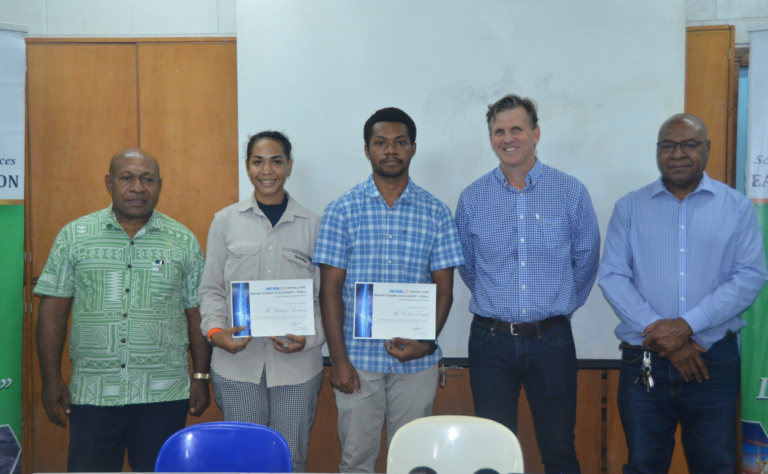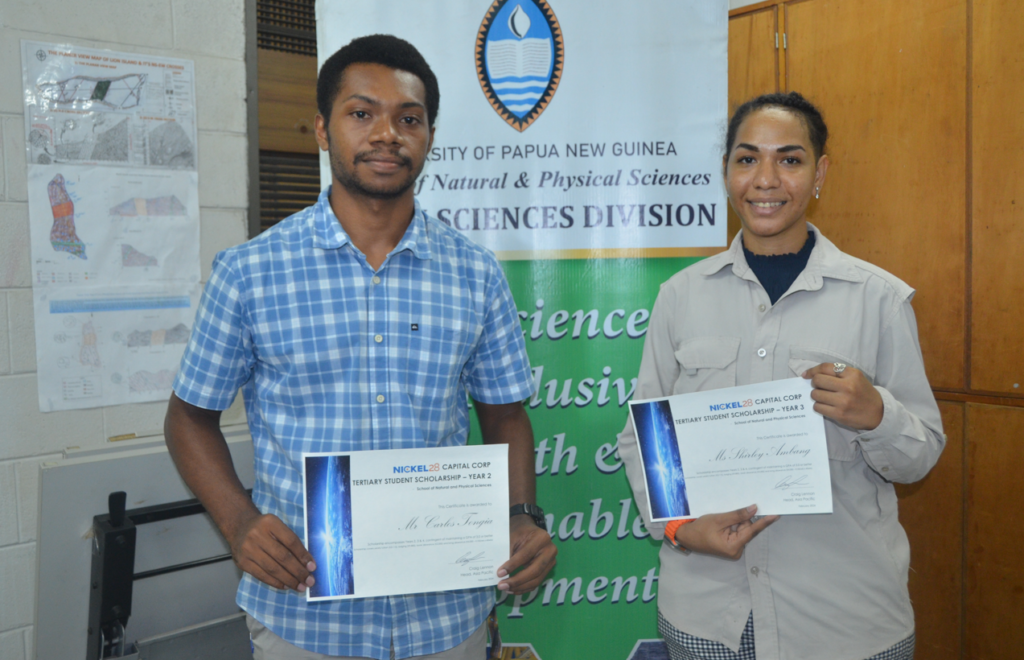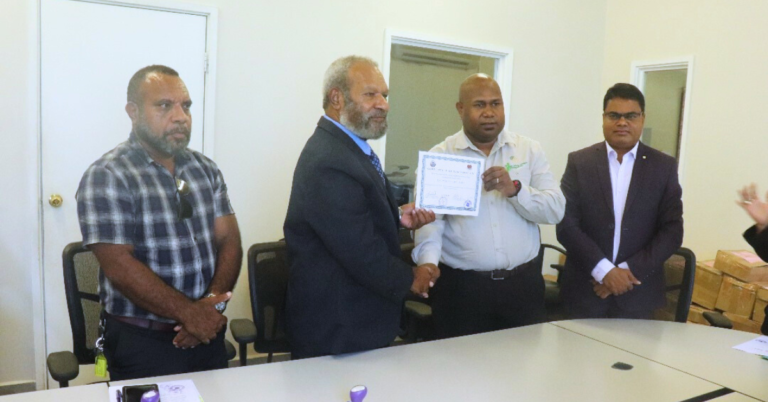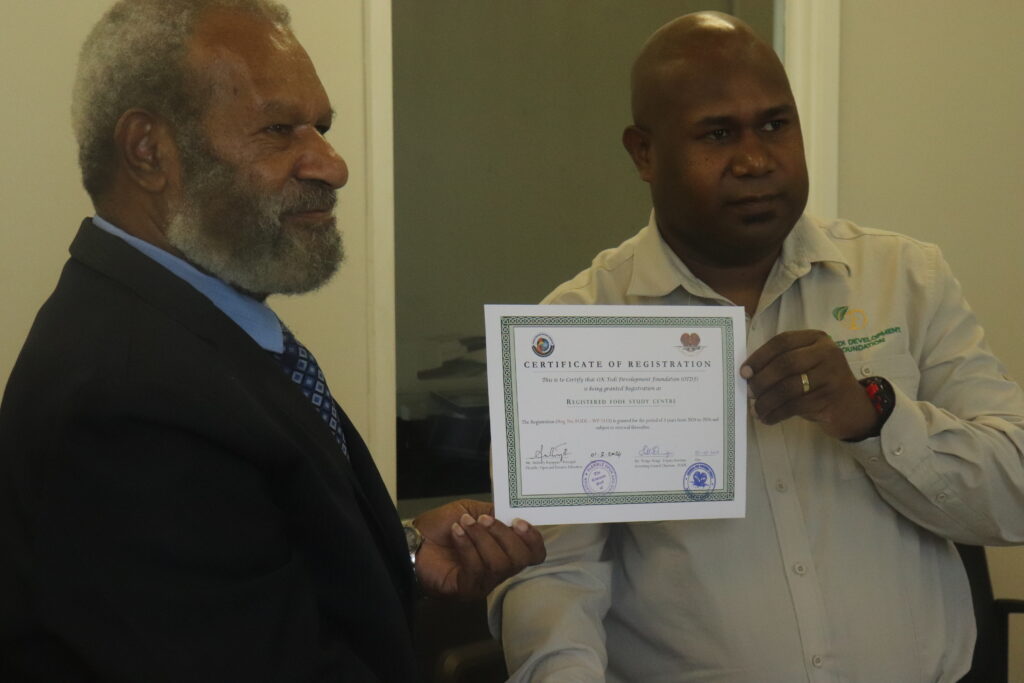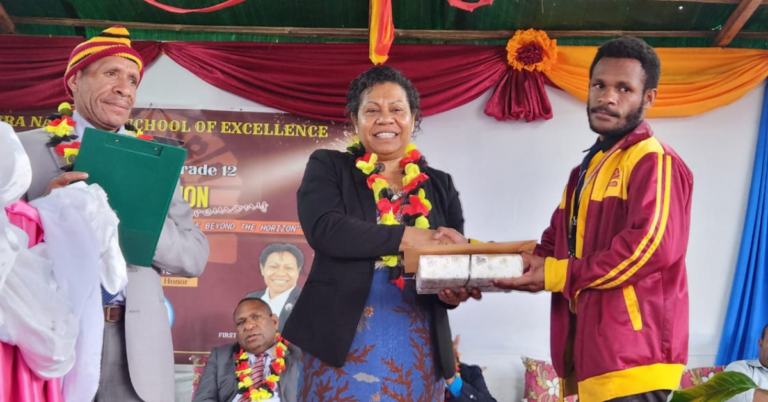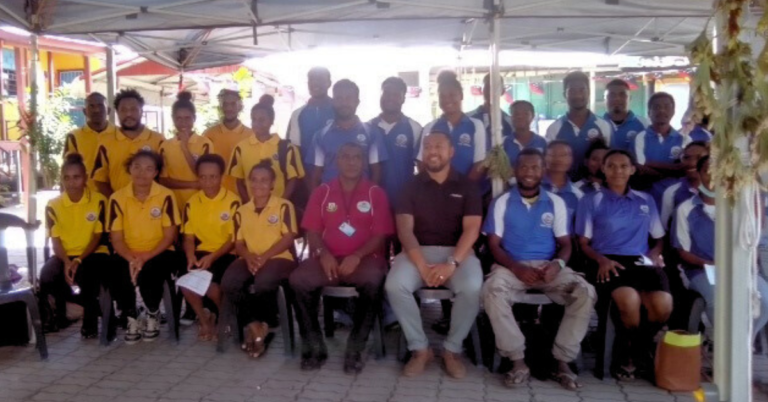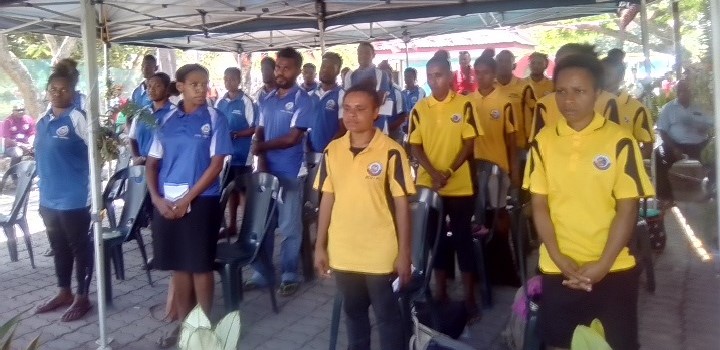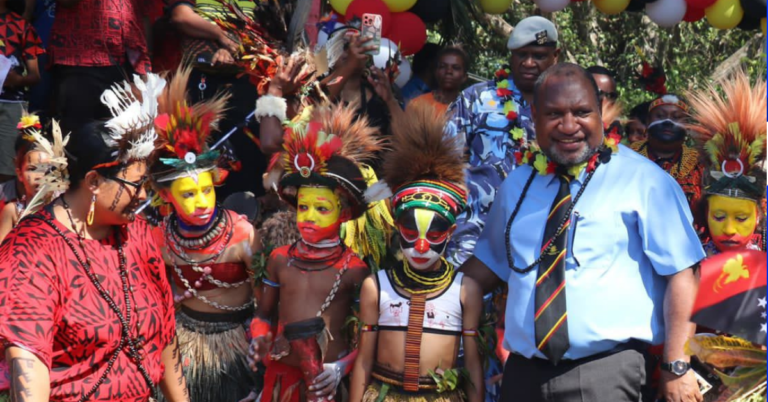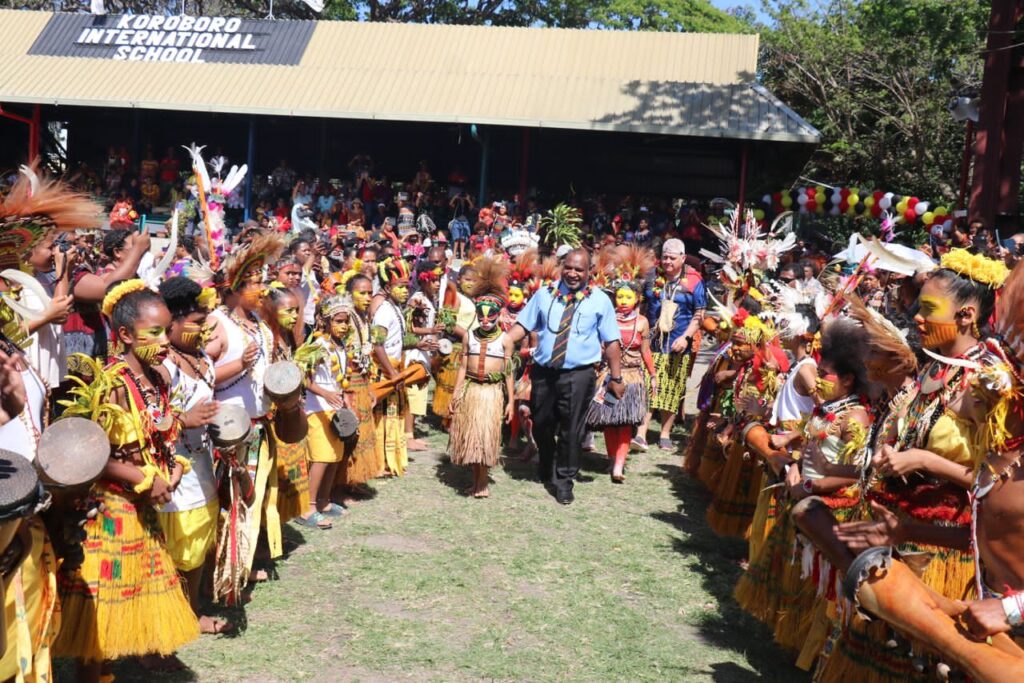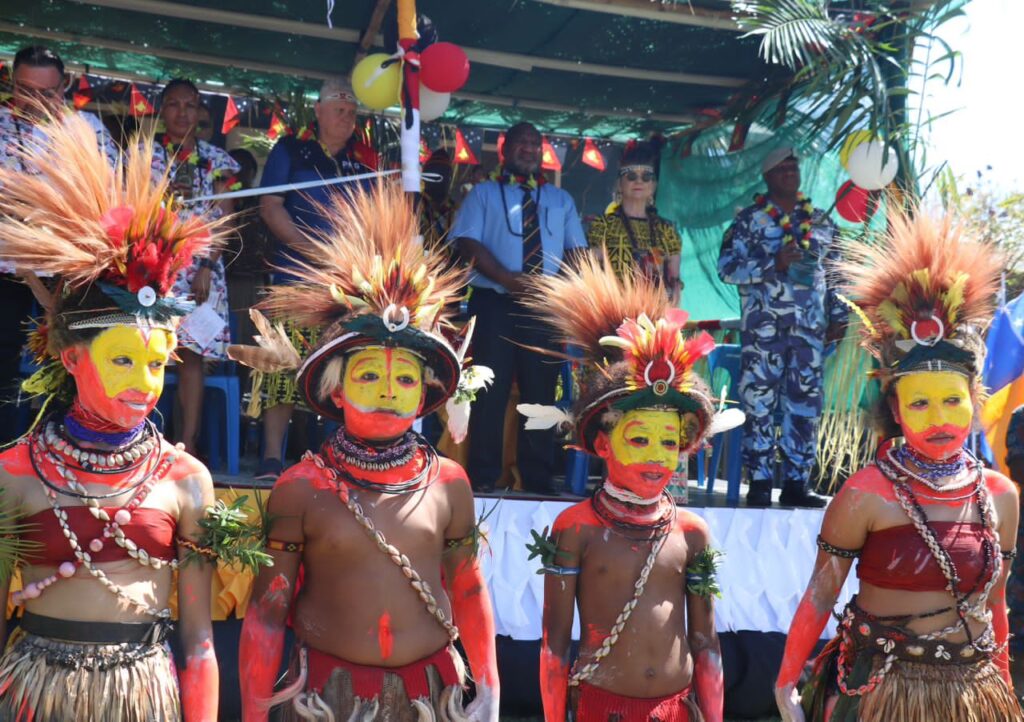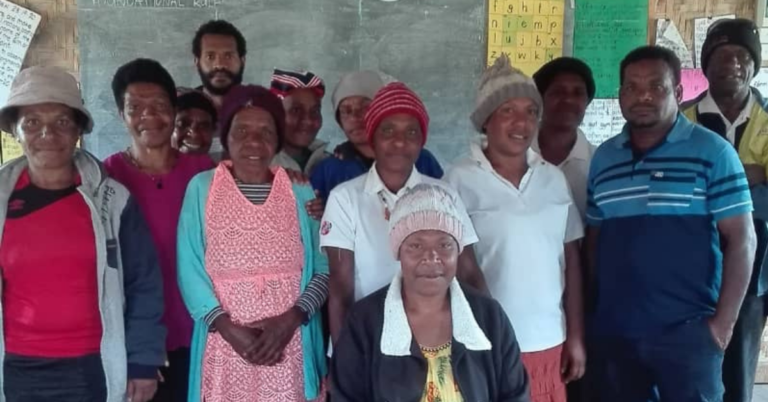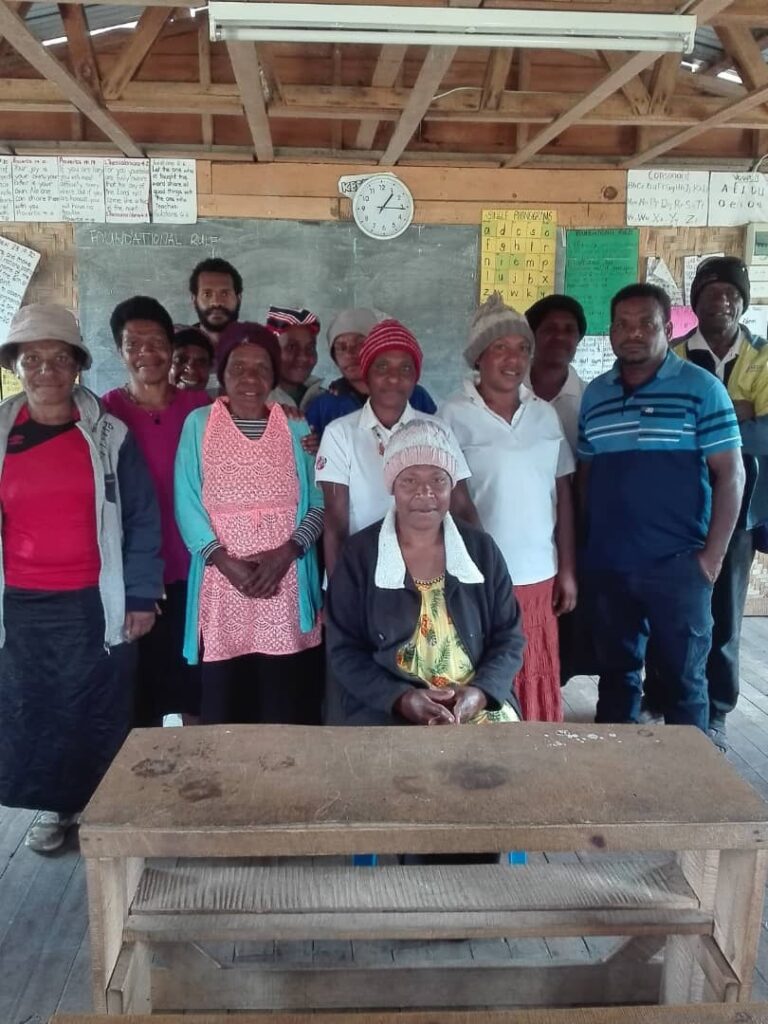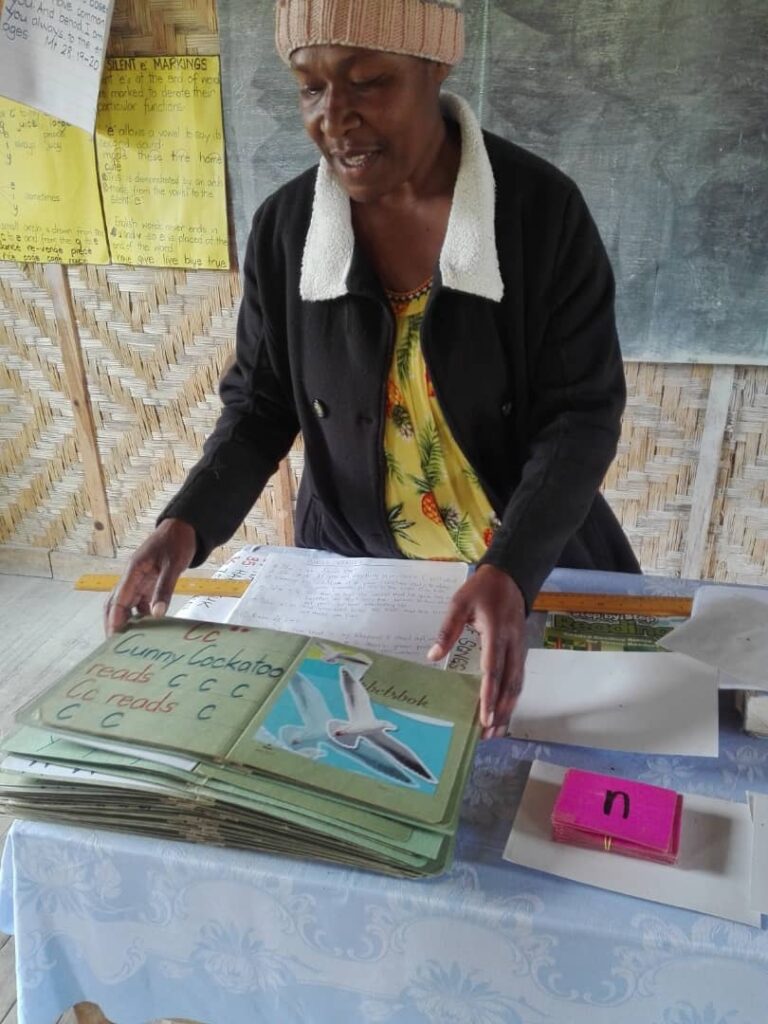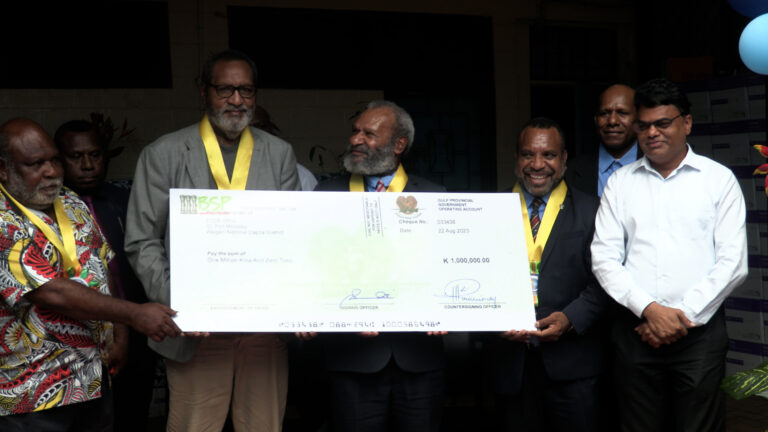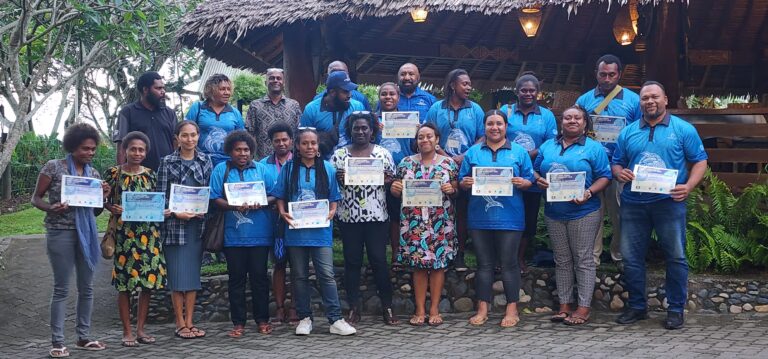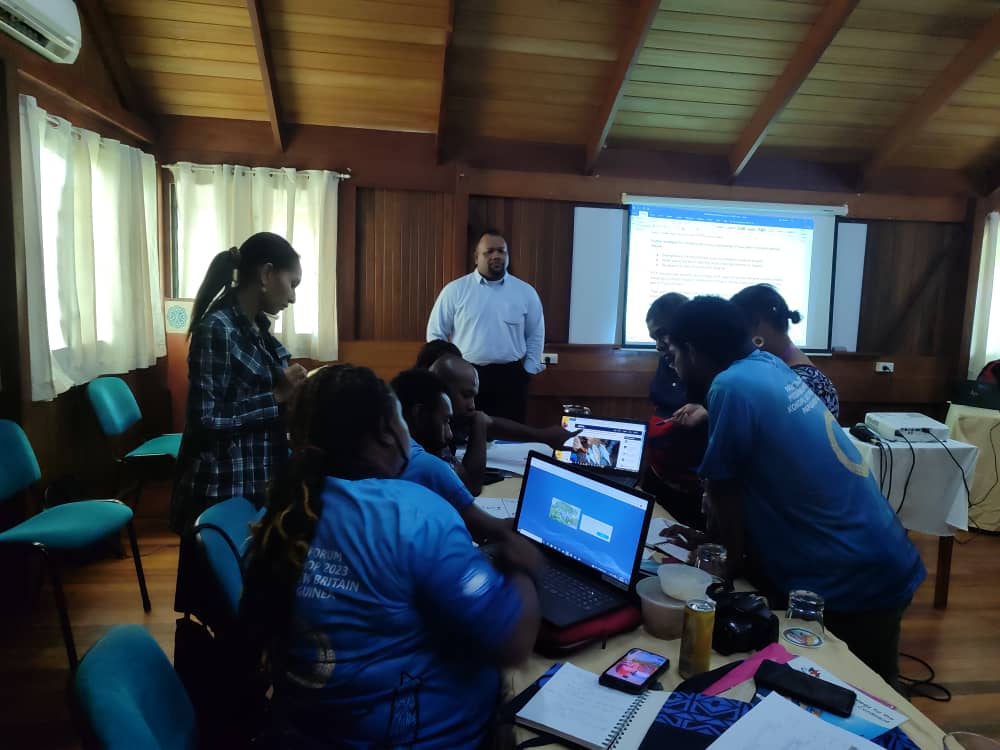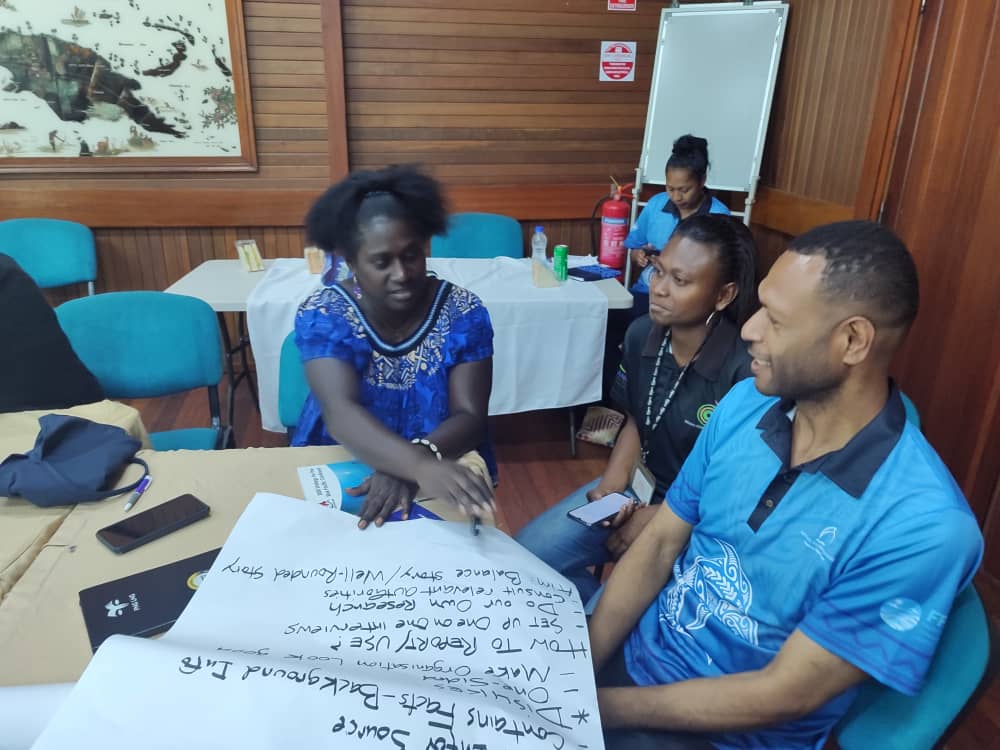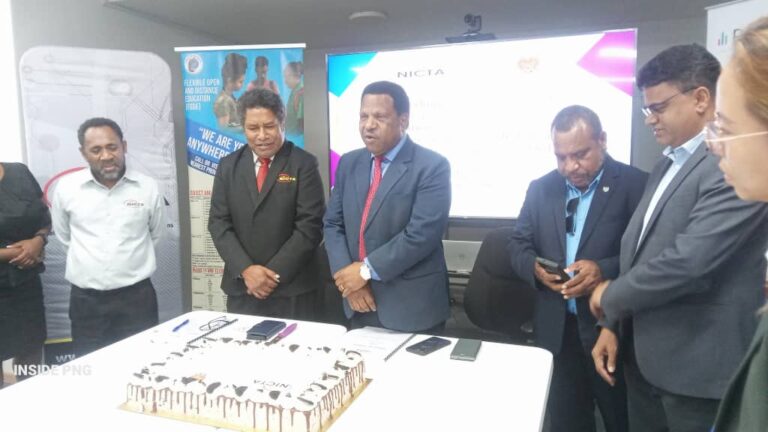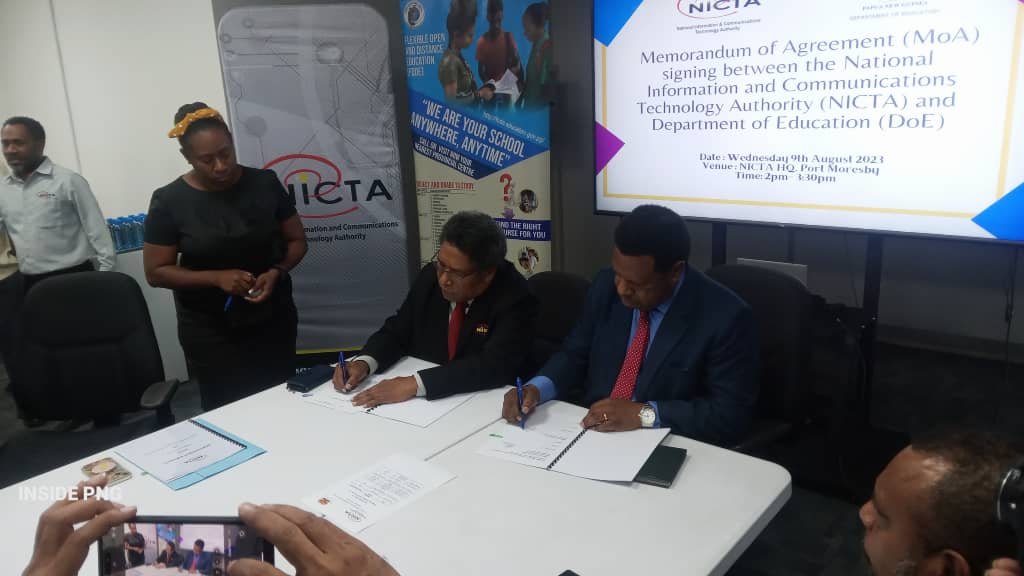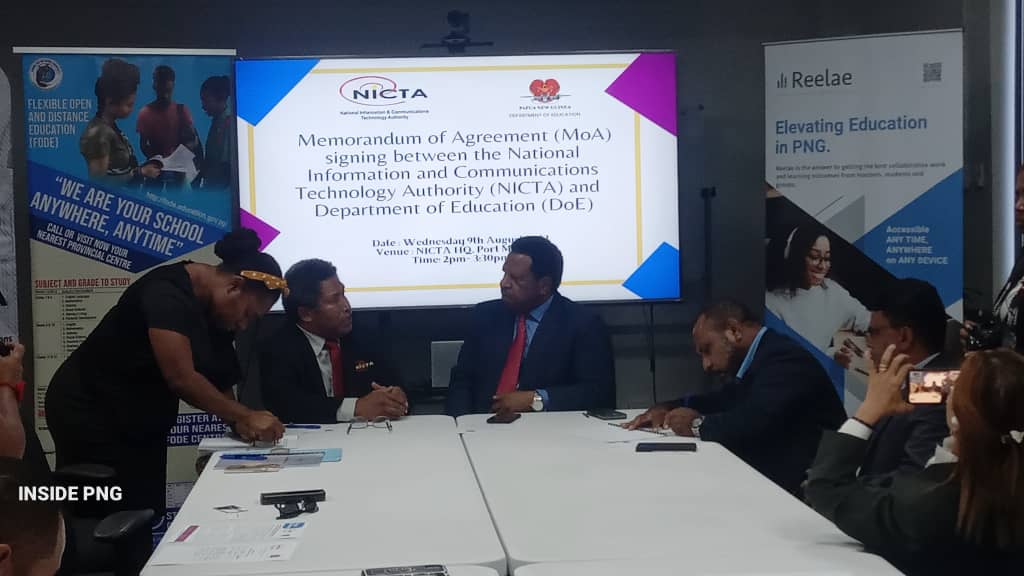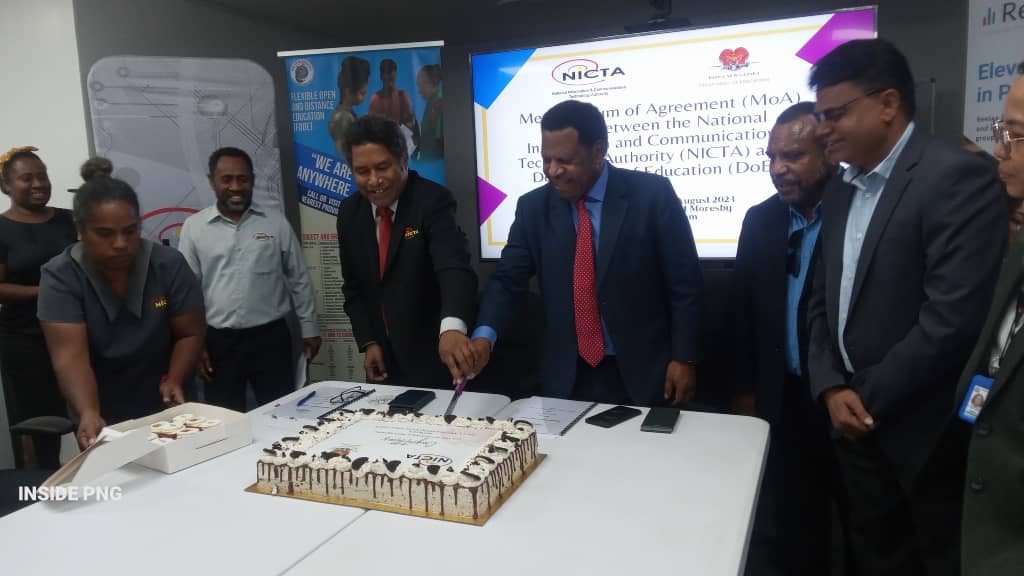The Divine Word University or DWU Rabaul Campus officially opened a two-story administration building at the Kabaleo Teachers College in Kokopo District on Friday (5 April) 2024.
The building is named after the late Archbishop Karl Hesse, and replaces the old building that was burnt down in 2010.
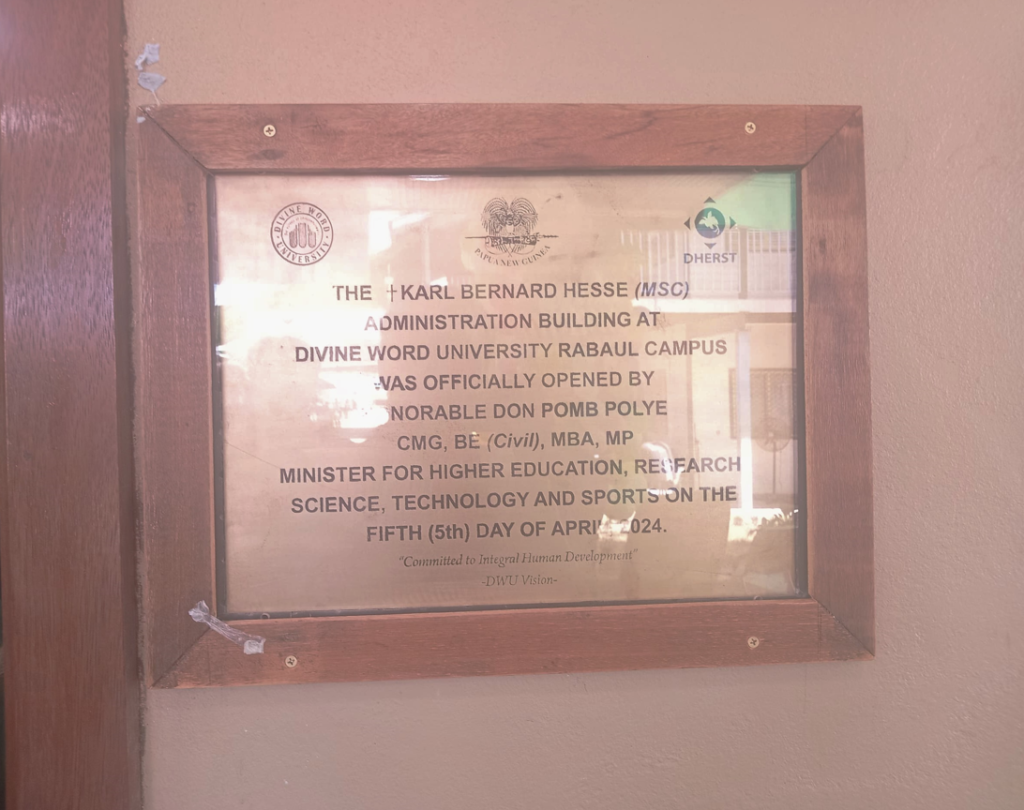
Speaking at the occasion, DWU Rabaul Campus Vice President, Professor Francis Hombhanje said the national government financed the building at a cost of K2.2 million and had been constructed by Kanda Construction Limited.
“St Mary’s Vunapope School of Nursing is now a department of nursing under the faculty of Medicine & Health Sciences and is no longer school of nursing.
“OLSH Kabaleo Teachers college is now a department of Primary Teachers Education under the faculty of Education and is no longer Kabaleo Teachers college,” said Prof Hombhanje.
The DWU Rabaul Campus consists of two faculties; the faculty of Education and the faculty of
Medicine & Health Sciences and has been developing new infrastructures slowly but steadily.
Delivering the speech for the Minister of Department of Higher Education, Research, Science,
Technology & Sports (DHESRSTS) Don Polye, was Principal Data Analyst Franklyn Kulukal
who said that true power emanates from one’s ability to learn from their mistakes and emerge
stronger and wiser.
“I extend a challenge to this great institution to expand our offerings to encompass Early
Childhood Education and Secondary Education. Also extending into the highest echelons of
academia like Masters and PhDs. I also call on the DWU nursing program to diversify our
programs into specialized branches such as pediatric nursing, critical care nursing, mental
health nursing, community health nursing, obstetric & gynecological nursing and geriatric
nursing,” said Ms. Kulukal.
The expansion will cater for evolving needs in health care and ensure that nurses are fully
equipped and specialized with the necessary skills they need.
She further commended the leadership of Prof Hombhanje for the transformation from ashes
into a magnificent building, adding that the structure stands as a testament of his exemplary
leadership.
Deputy Provincial Member Boniface Gerep said that the DWU Rabaul campus has shown it’s
potential by extending it’s infrastructures as it advances it’s status to be one of the leading
institutions in the province and country.
“The ENB Provincial Government is embarking on improving all our existing secondary schools
to meet the standards,” said Mr. Gerep.
ENB Education Planner Wilson Kairat said that the provincial administration will continue to
support the institution to make sure students are given the best so they can go out and serve
the people.


